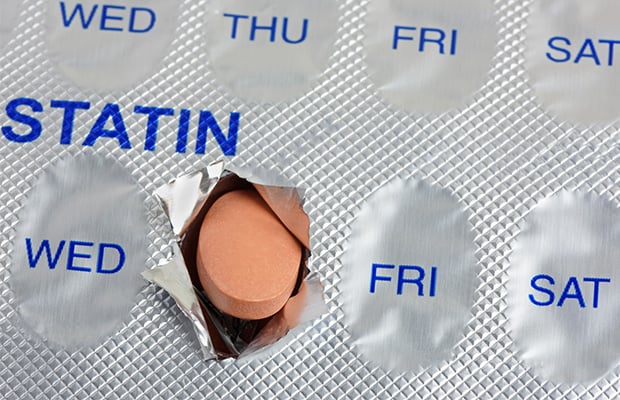Adjusting to new medicine and getting into a routine can be challenging at first. We know that many people worry about side effects, costs and remembering to take their medication.
Most medicines used to treat heart conditions are designed to improve how the heart or circulation works – a bit like a mechanic tuning an engine that isn’t working as well as it should.
They are also used to help your heart to work more effectively if it has been damaged by a heart attack, manage symptoms, so that you feel better and can do more of the things you want to do, and reduce your risk of having problems such as a heart attack or stroke in the future.
1. Get into a routine
Once you get into a routine with your medicines, taking them will become second nature.
One way to do this is to incorporate them into your daily life. For example, if you have to take a dose after breakfast, you could leave them near your fridge or teabags.
If you find you’re forgetting to take your doses, try setting an alarm, or a reminder on your phone. If you’re worried about taking it twice, you could try using a pill box. Your pharmacist will also happily arrange your medication into a dosette box if you ask.
2. Save money if you can
Medical prescriptions are free in Northern Ireland, Scotland and Wales. They are also free for in England if you meet certain criteria, such as if you are:
- over 60 or under 16
- have certain medical conditions (such as diabetes - unfortunately heart disease is not a condition that would mean you are exempt) and a valid medical exception certificate.
If you aren’t entitled to free prescriptions, you might be able to save money by buying a Prescription Prepayment Certificate (PPC).
You can purchase PPCs using fixed monthly payments which allow you to get all the prescriptions you need, instead of paying for each prescription individually.
You may find it cheaper to buy a PPC if you need to pay for:
- four or more prescription items in three months, or
- more than twelve items in twelve months.
3. Give your body time to get used to medication
Your body needs time to adjust to new medication. You might experience some side effects while this process happens. Most people don’t get side effects, and if they do, they usually subside after time.
If you’re experiencing any persistent symptoms, speak to your GP and pharmacist before you stop taking any medicines. They’ll be able to address your concerns, and may be able to change your dose or switch you to a new medicine.
4. Be mindful of your mental wellbeing
A heart event or diagnosis can cause lots of worry and stress. It’s completely normal to have down days, but seek professional help if you feel like this on a regular basis.
Unfortunately, some medications can cause difficulty sleeping. If you are feeling anxious or depressed, sleeplessness can make things worse. If you’re experiencing this, speak to your GP or pharmacist, as it may be possible for your medicine to be changed.
5. Speak to your GP and pharmacist about alcohol and over-the-counter medicines
Your GP or pharmacist can advise whether you can drink alcohol while on certain medication, and it will also say on the packaging of the medicine.
Always speak to your GP or pharmacist before taking over-the-counter medication on top of the drugs you’ve been prescribed. Paracetamol is usually fine to take for pain or a fever, but if you are taking prescribed medication it’s recommended you should avoid ibuprofen and cold remedies, unless these have been specifically approved by your doctor.
This also applies to herbal and homeopathic medications, ointments, and supplements.
6. Plan for going away
If you’re going away, plan ahead and take an extra set of medication with you, just in case. If you’re flying, keep your medicine in your hand luggage in case your hold luggage gets lost. If you’re travelling into another time zone then try to take your medicine at the same time you would at home, as changing your dose time could cause issues.
Can I get help with paying my prescription?
Medical prescriptions are free in Northern Ireland, Scotland and Wales. They are also free for people in England who meet certain criteria, including people who are:
- under 16 or over 60
- receiving Income Support, JSA, ESA or Universal Credit
- pregnant
- 16-18 and in full-time education
- and/or have certain health conditions, including a continuing disability or diabetes that can't be controlled with diet.
If you aren’t entitled to free prescriptions for your medicines you might be able to save money by buying a Prescription Prepayment Certificate (PPC).
getting help with prescription costs








